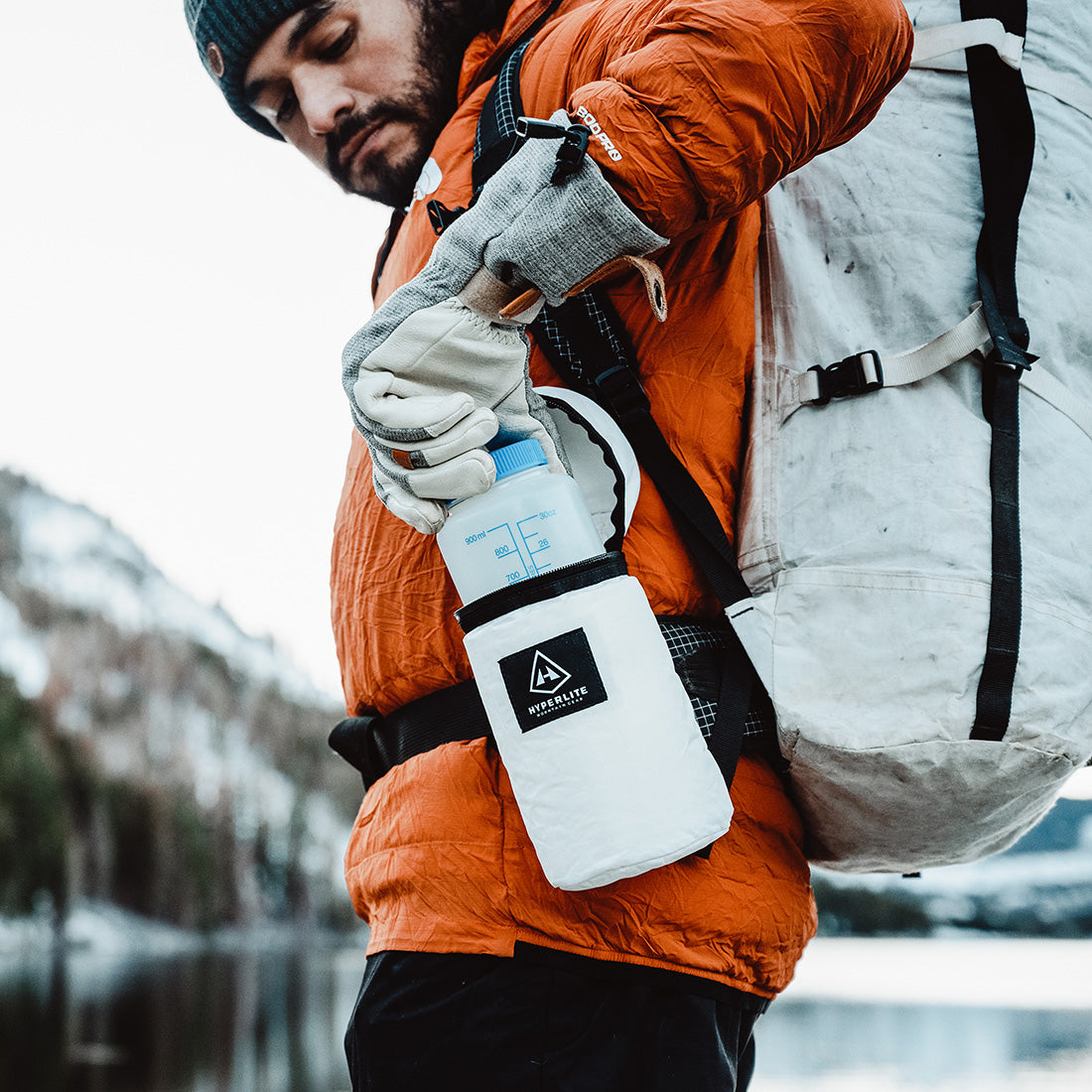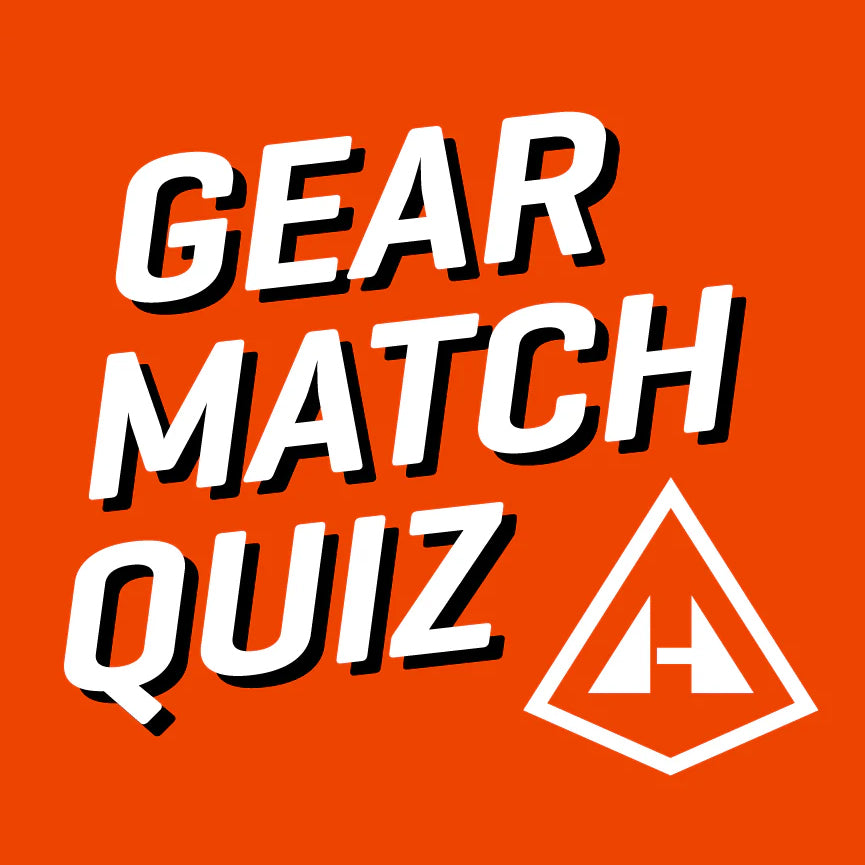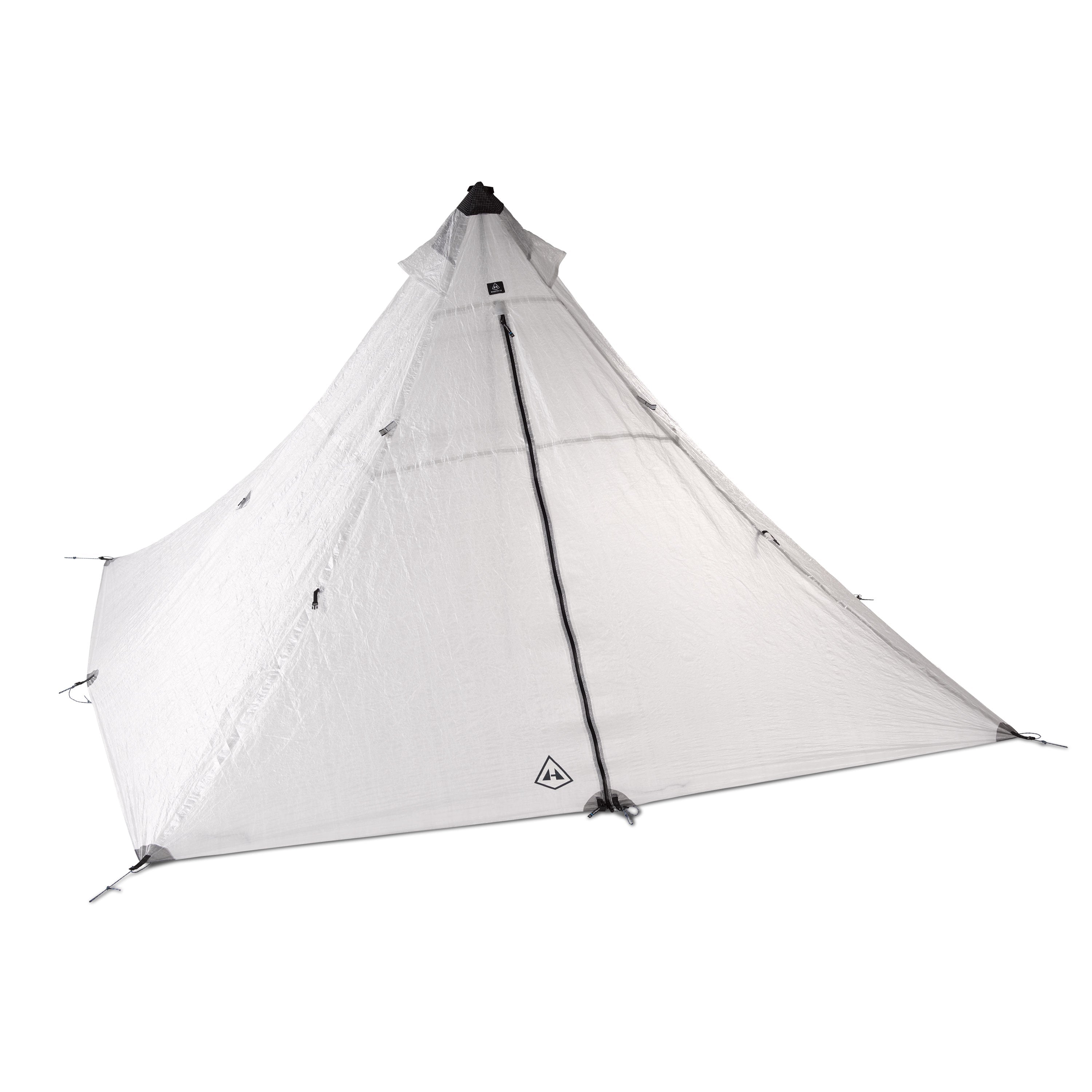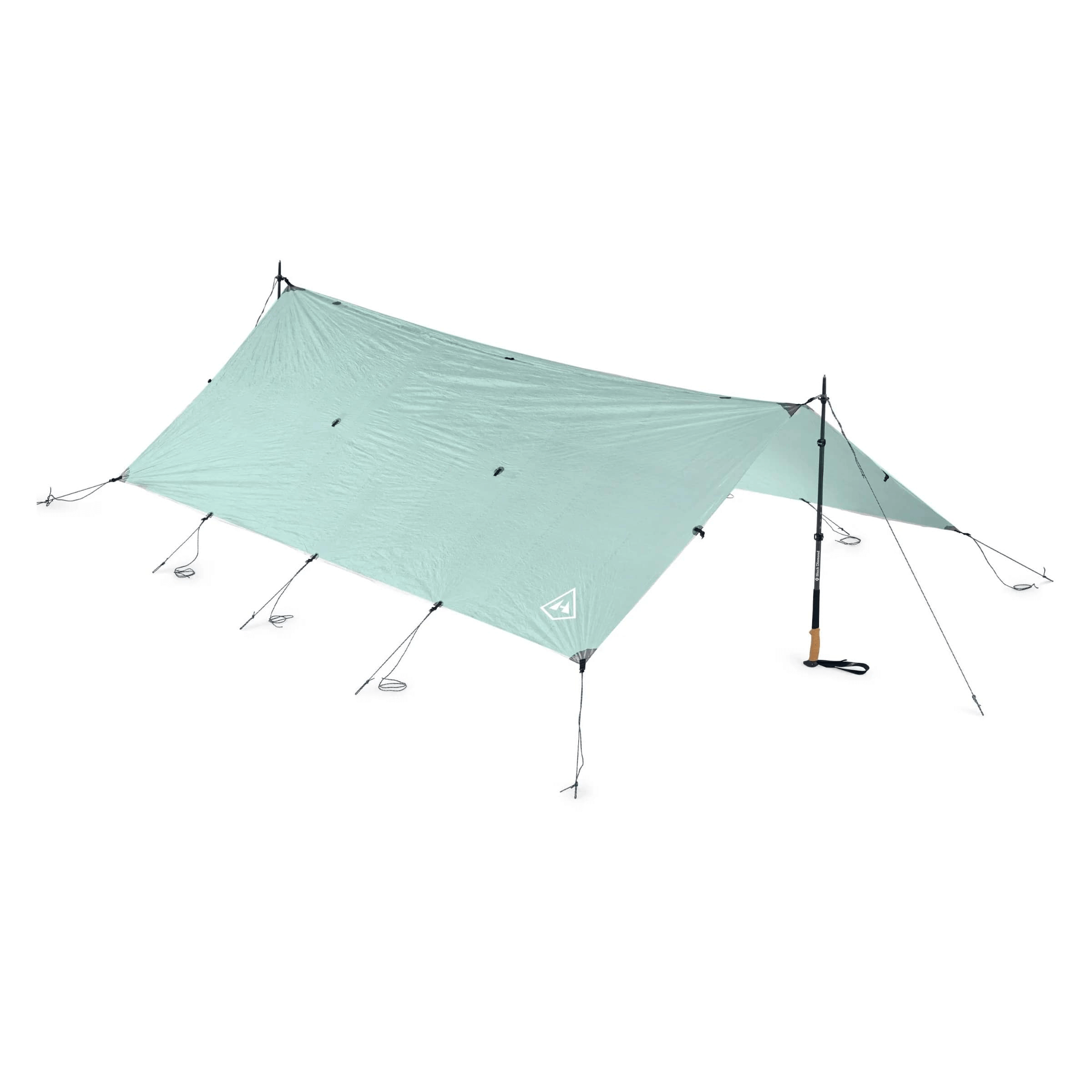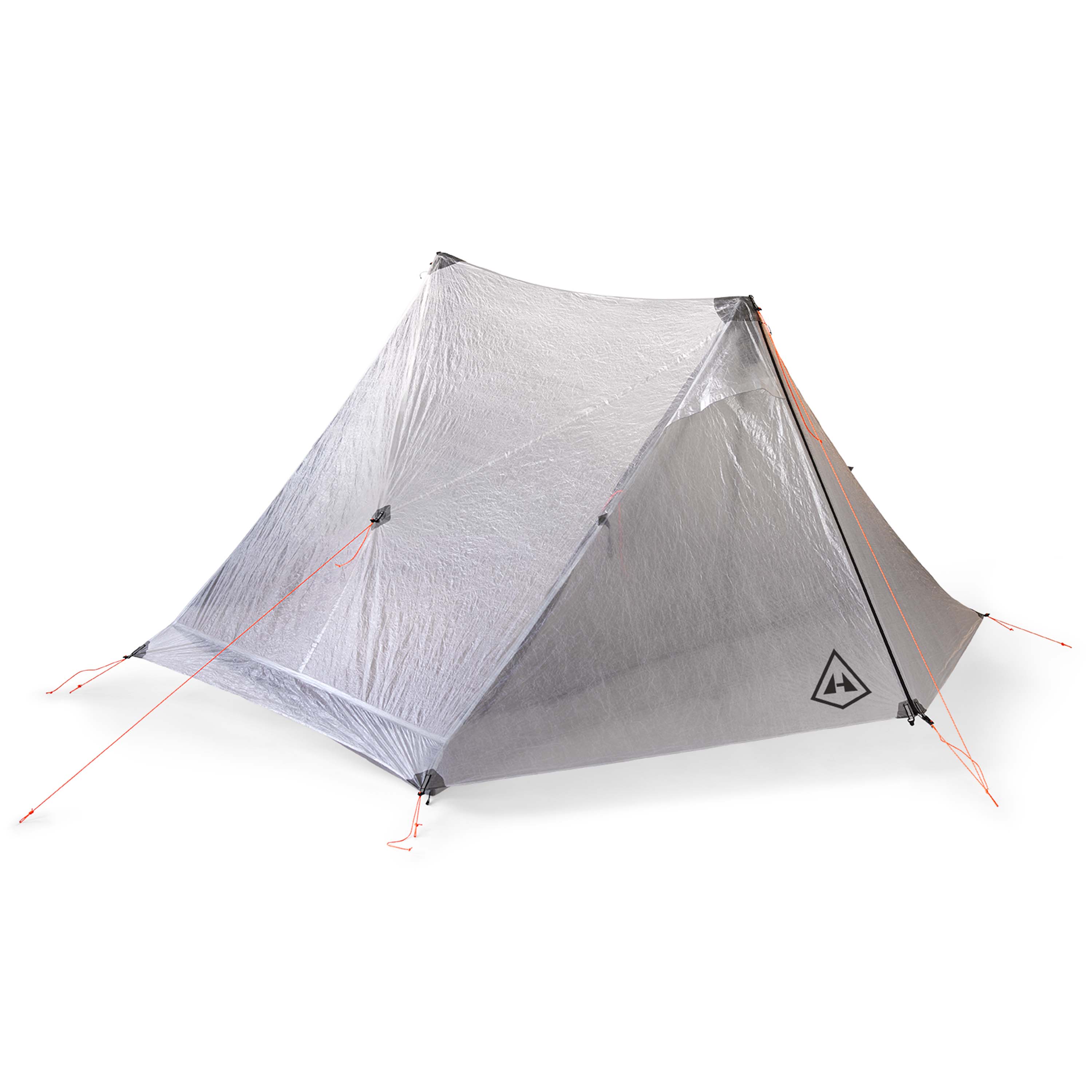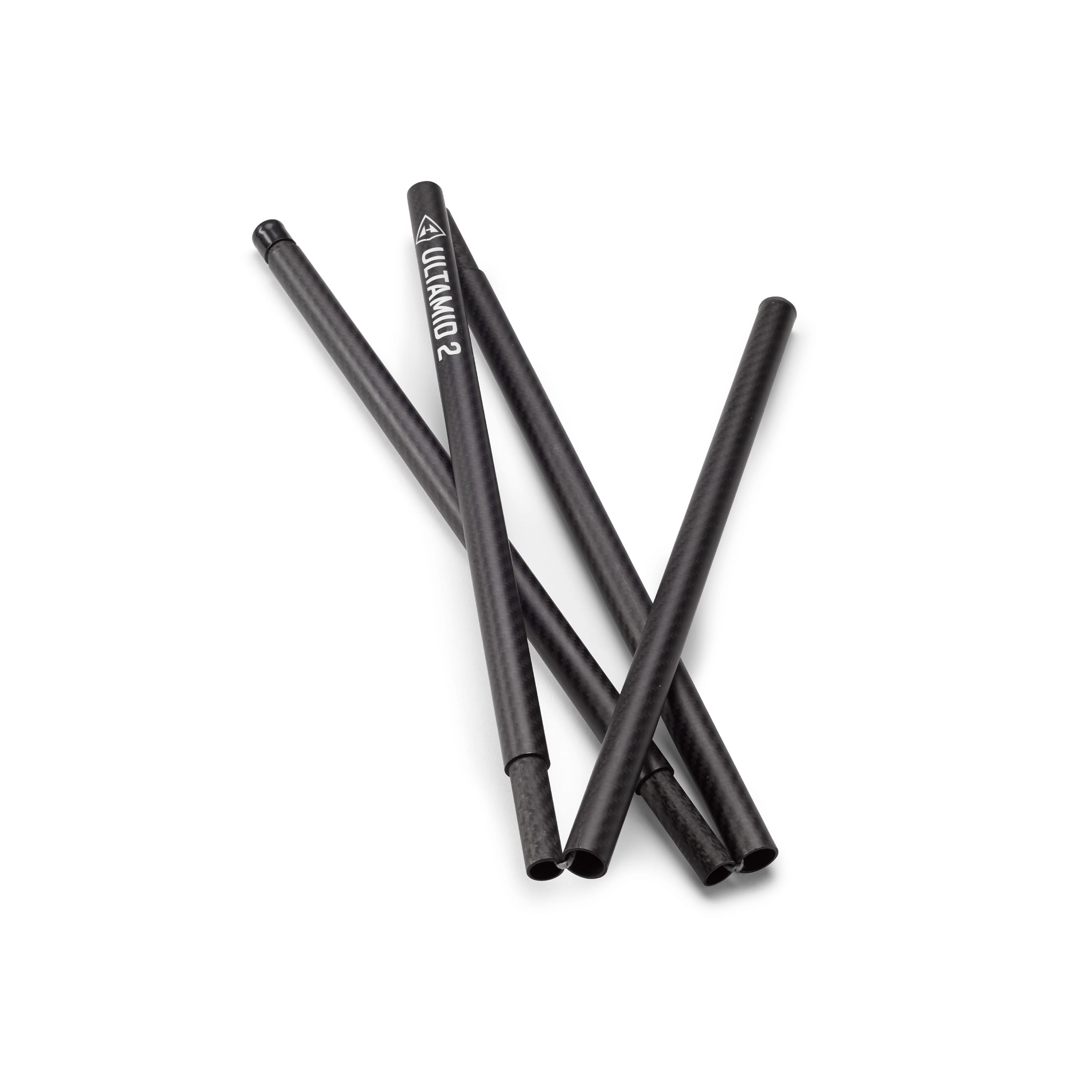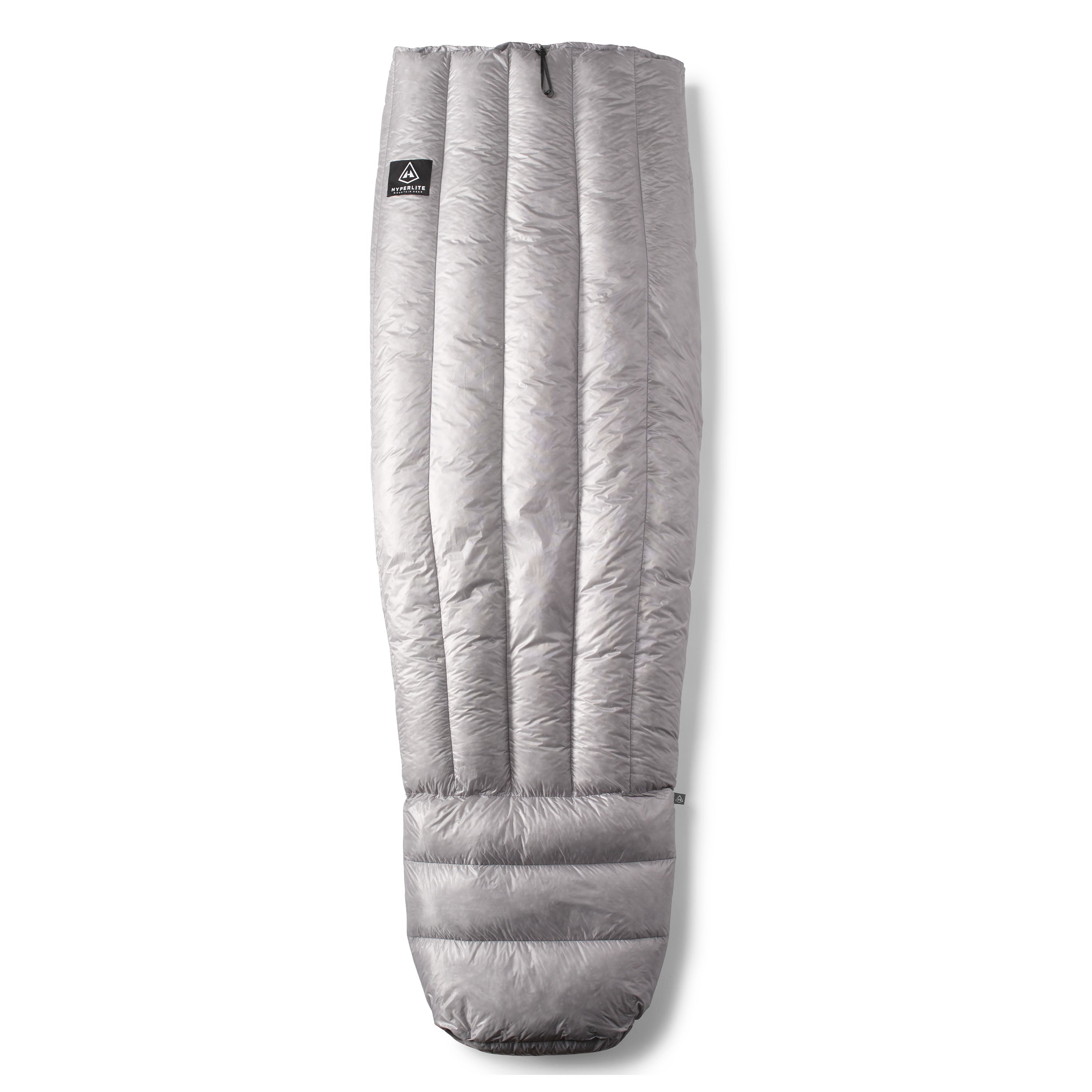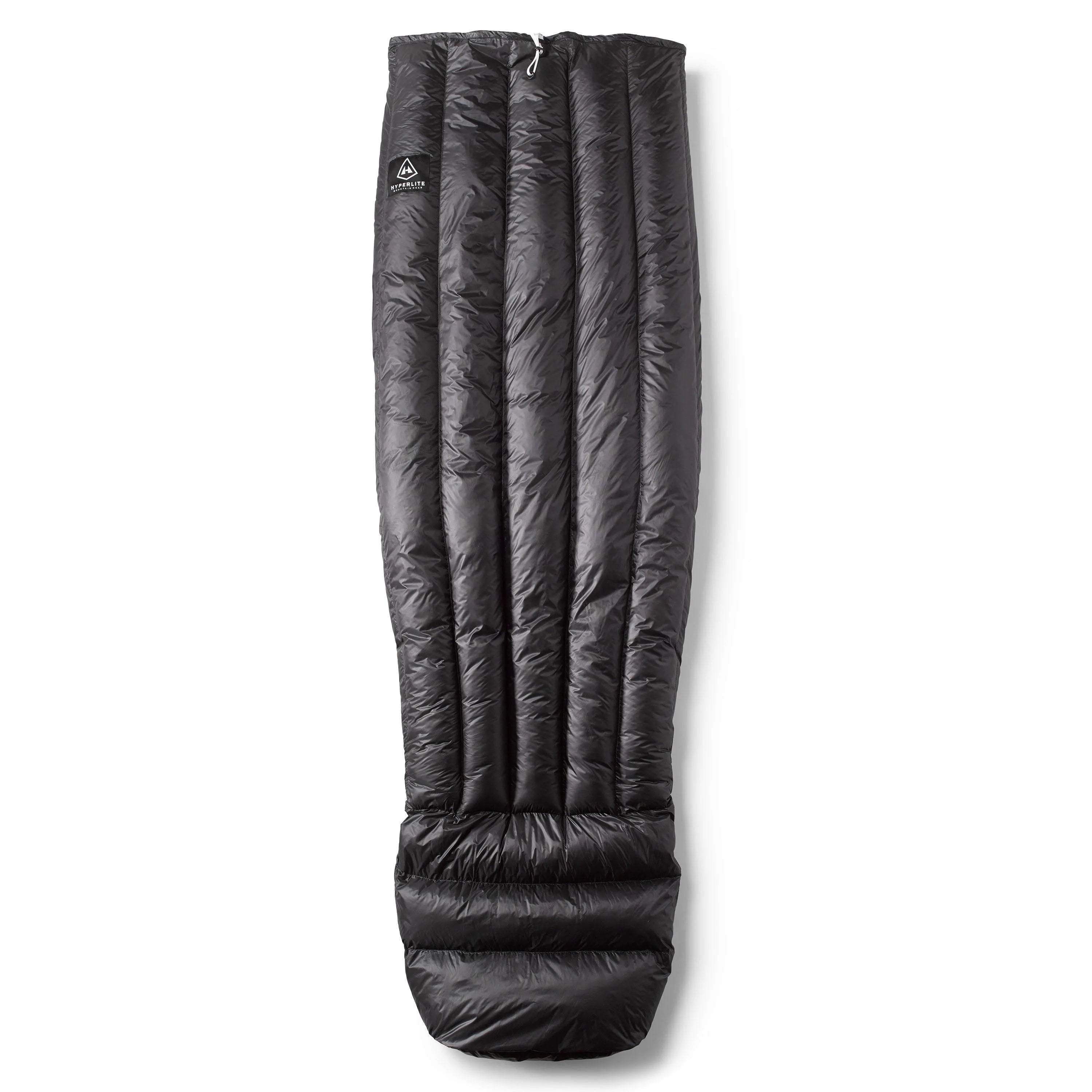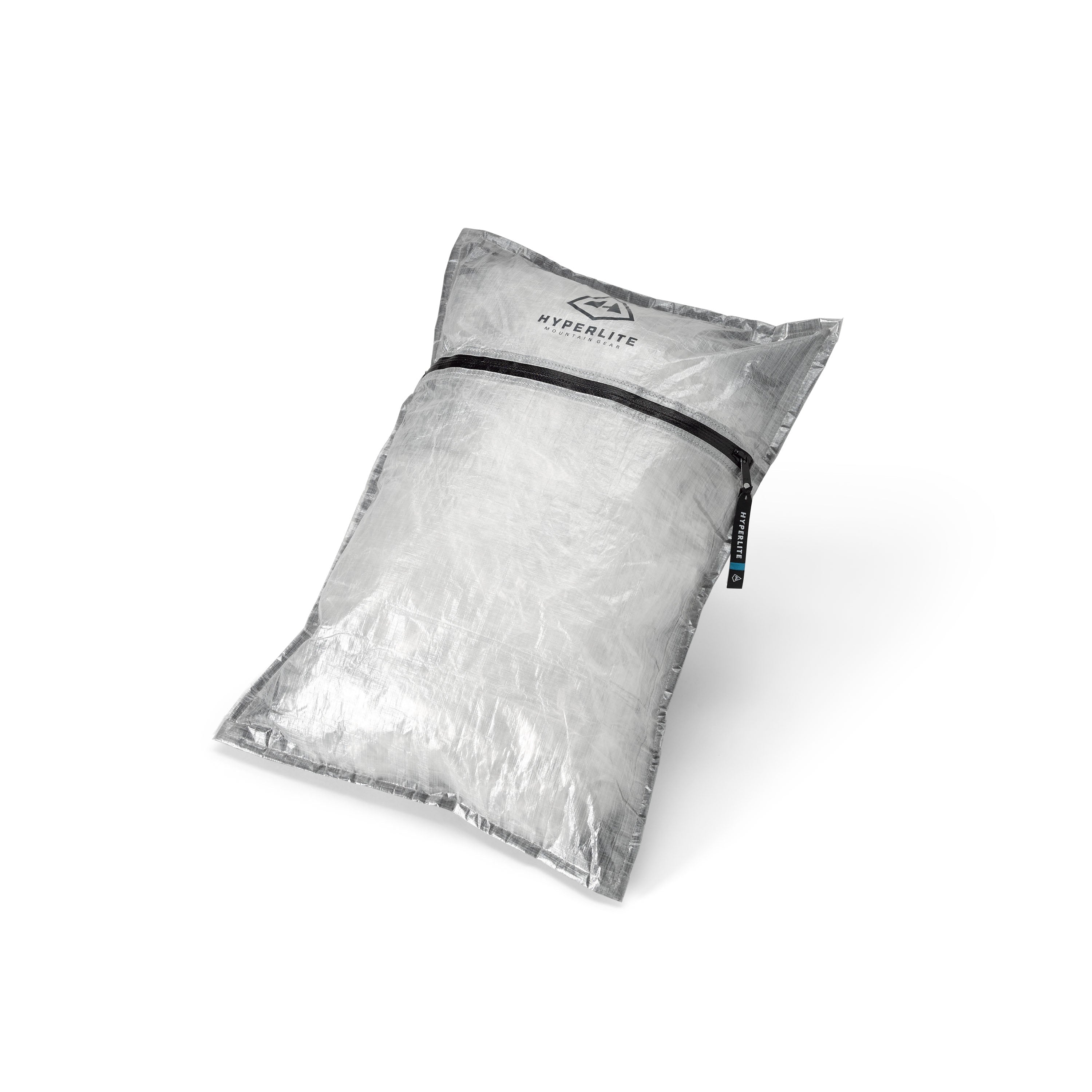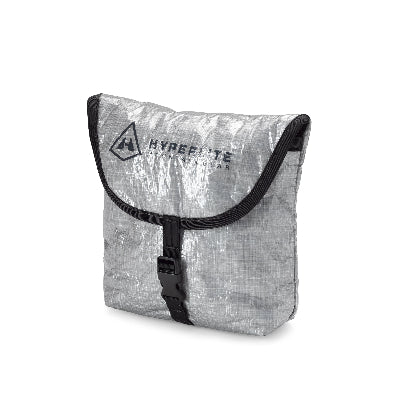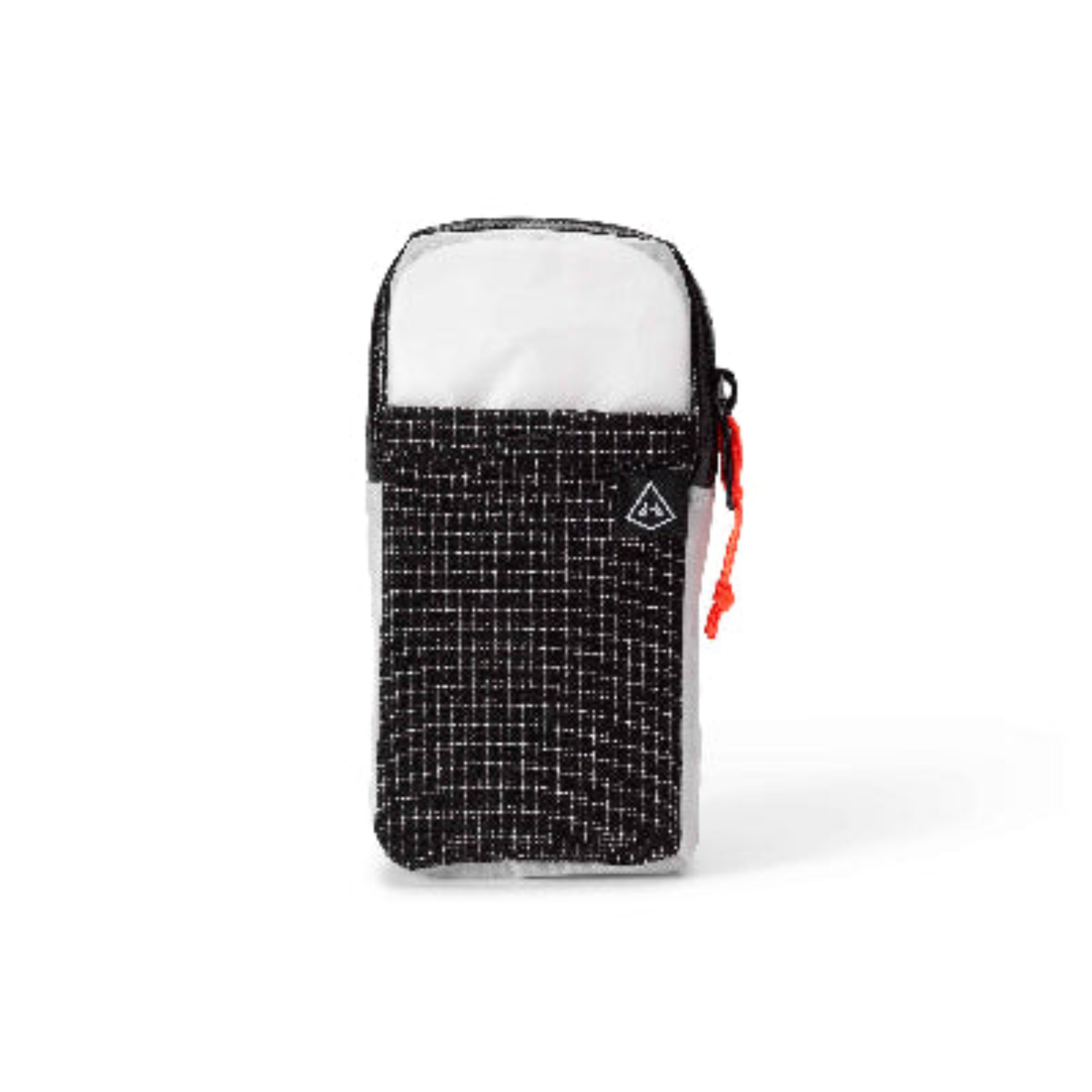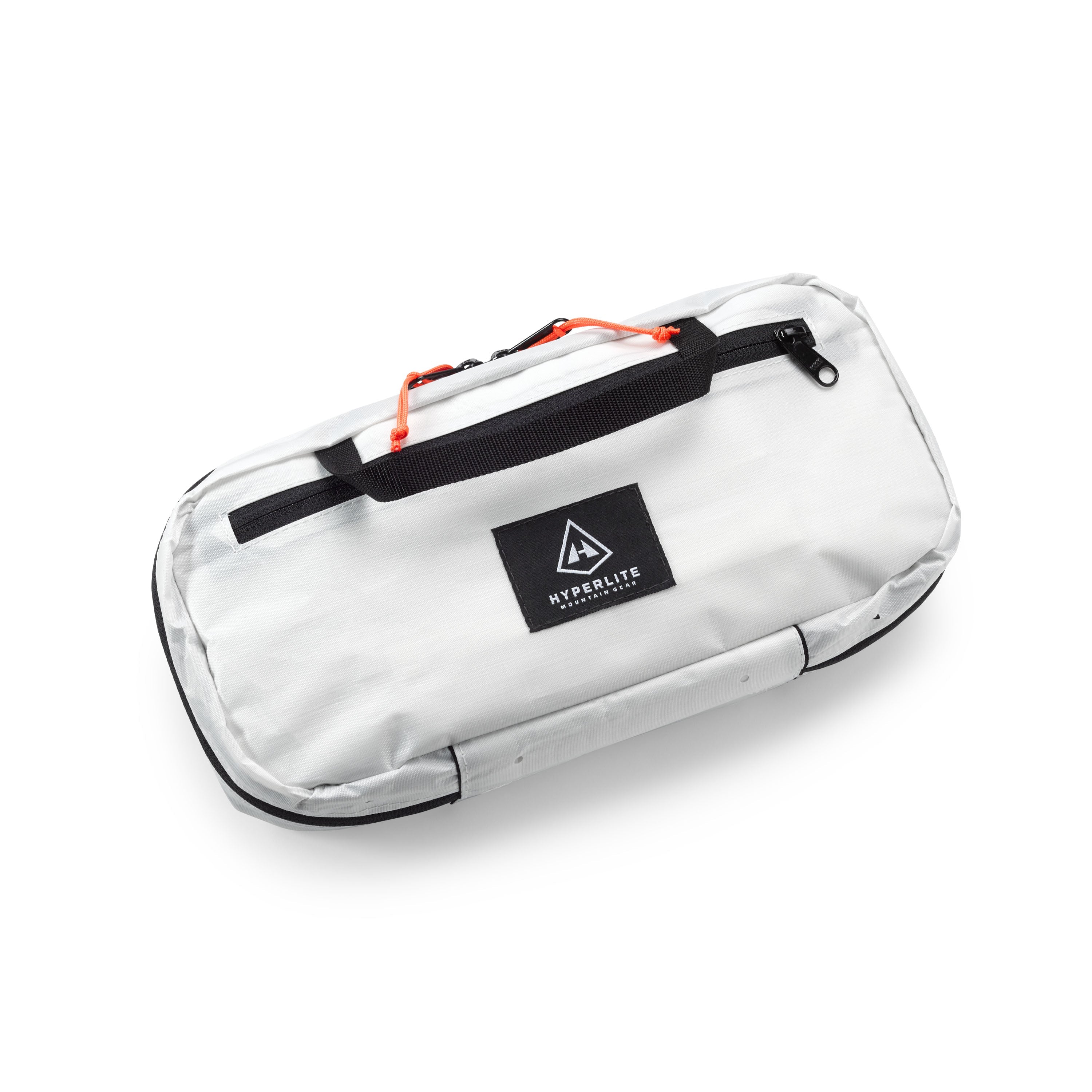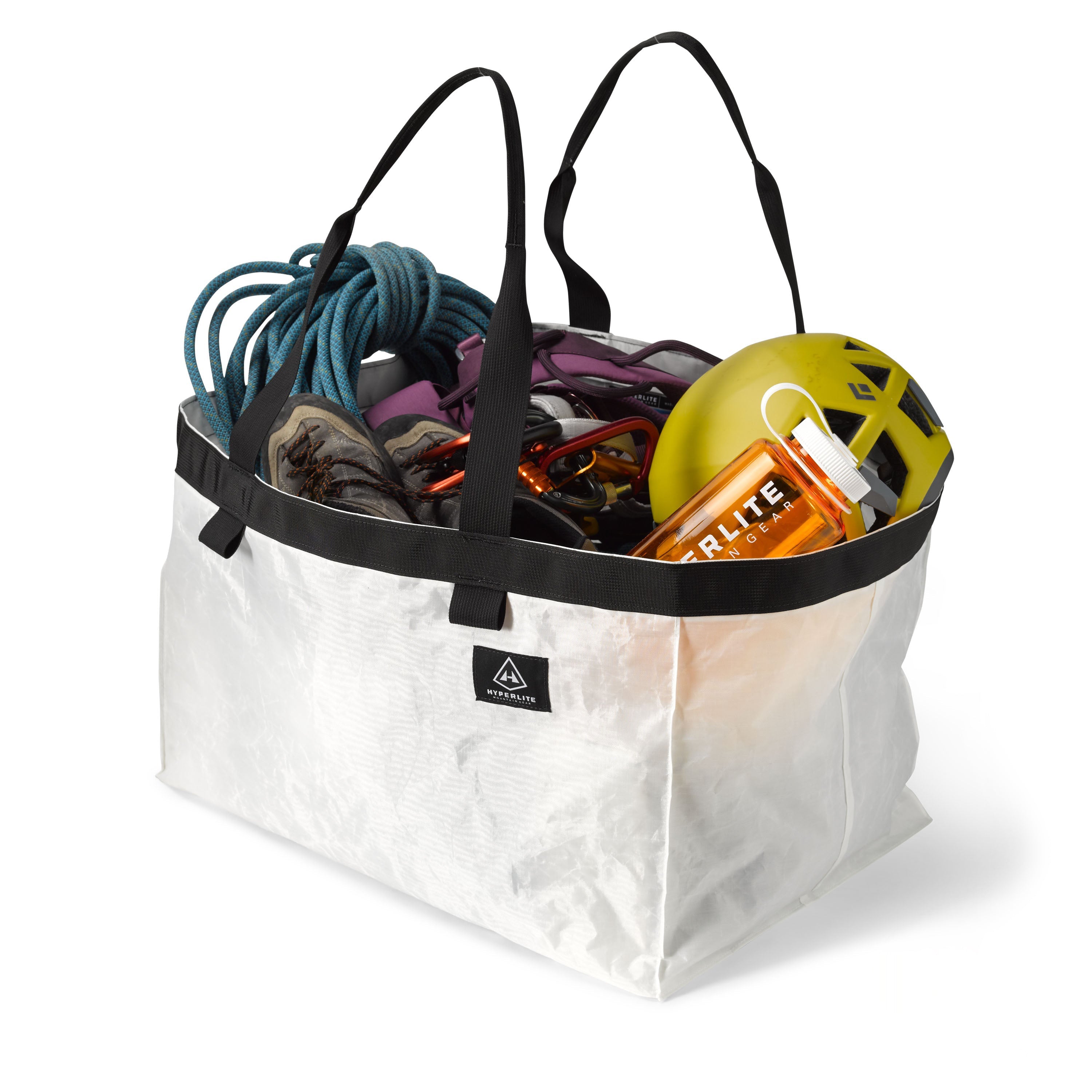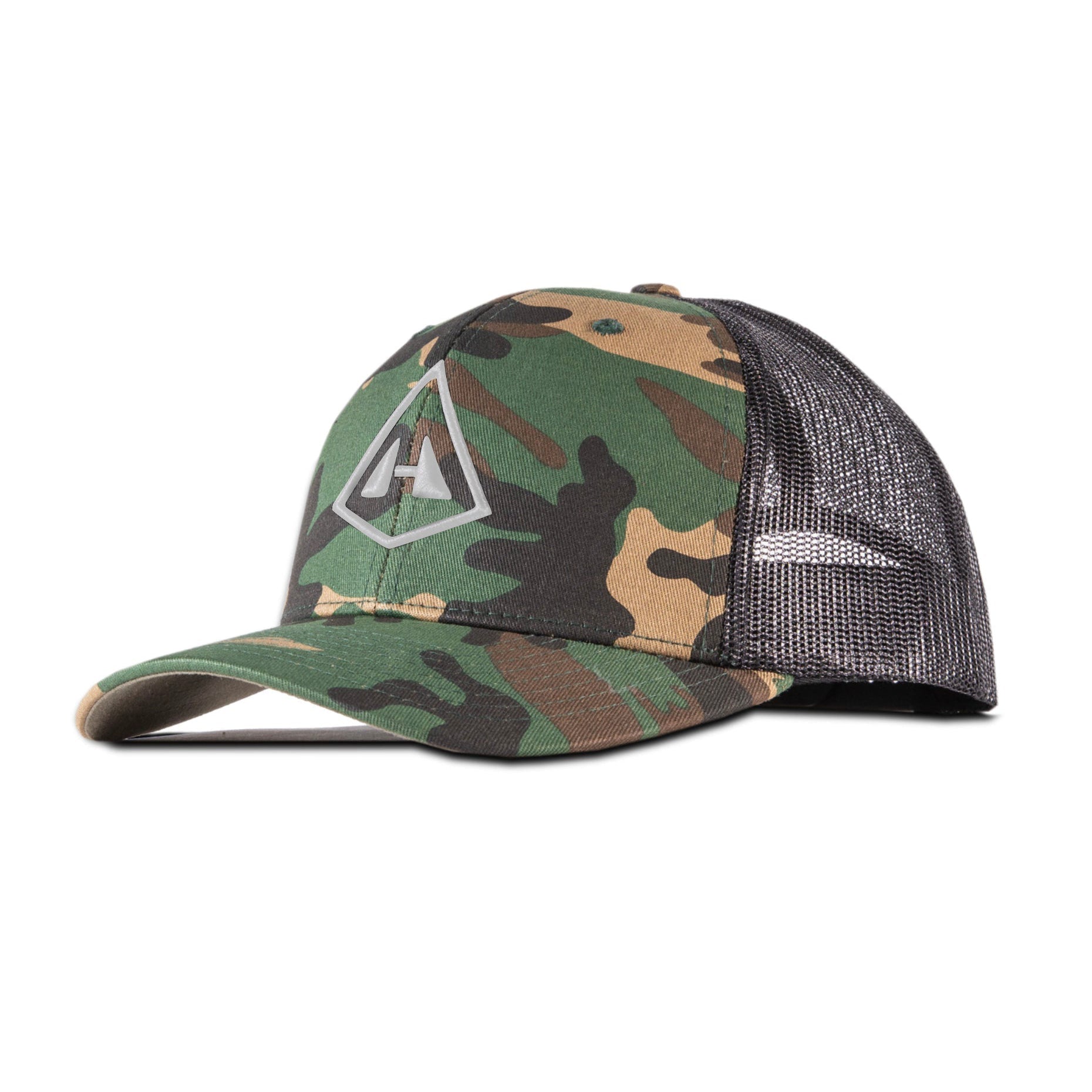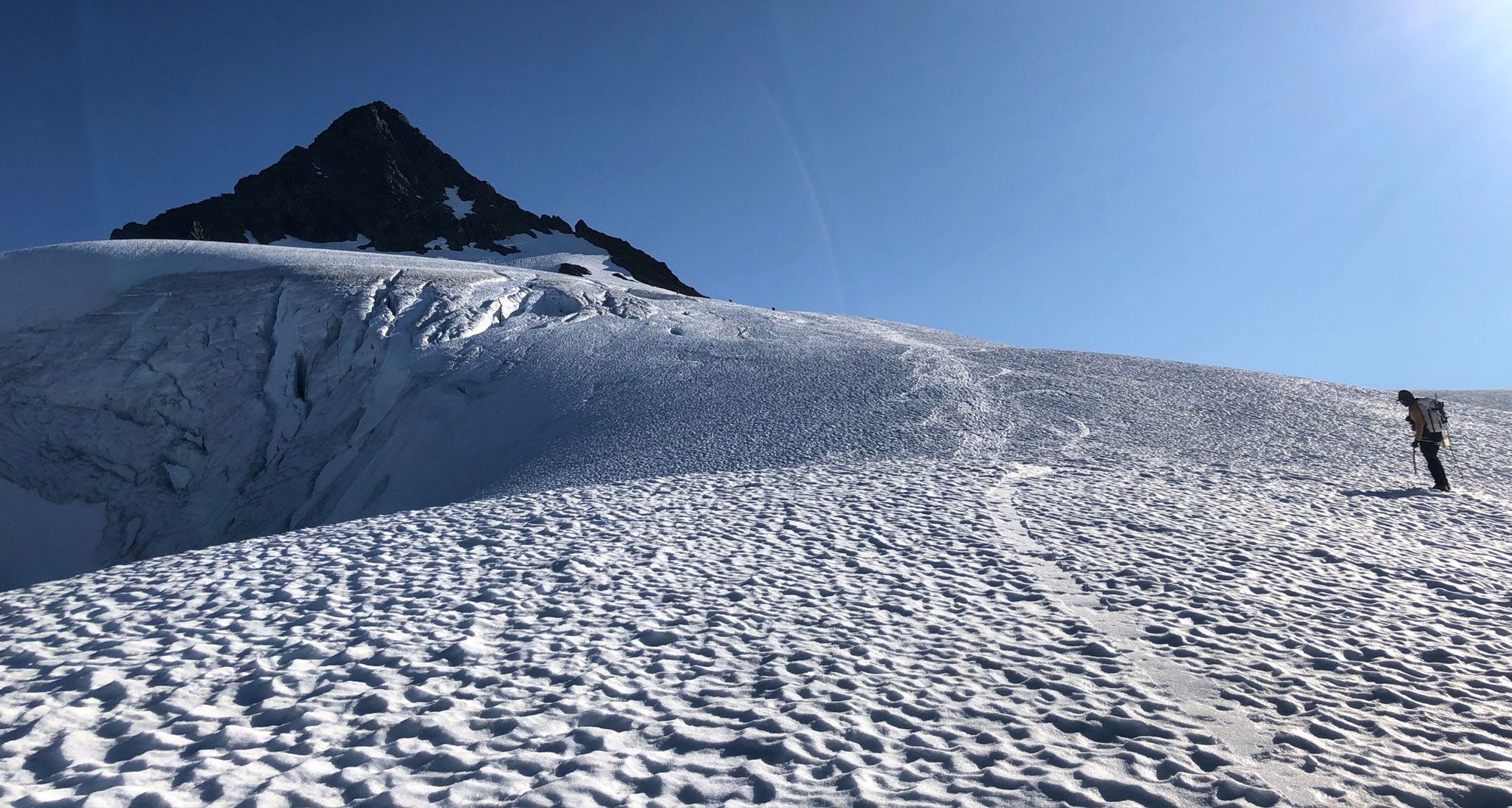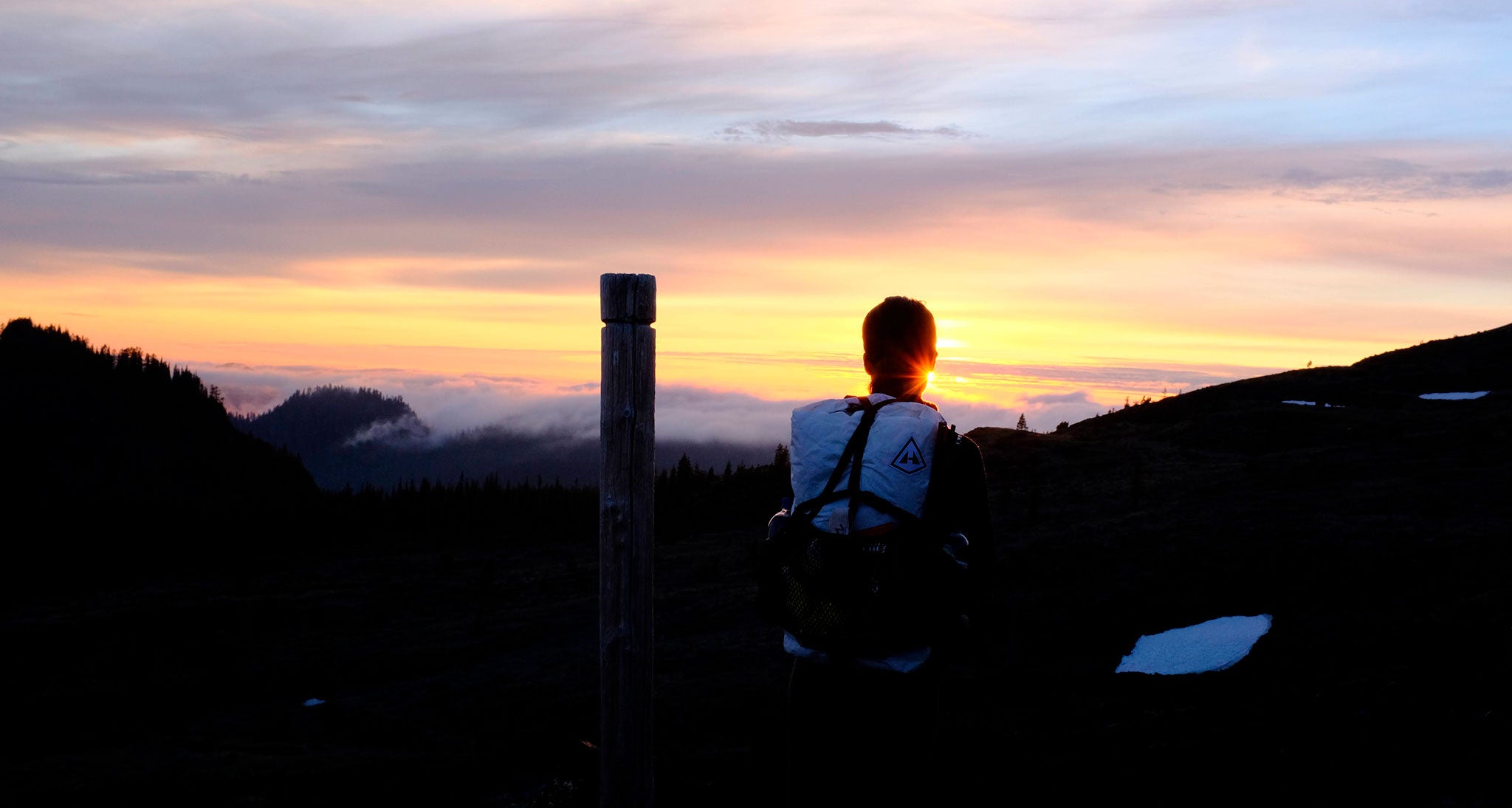Words & Photos by Michael Jones
Where do you go when almost the entire state of California is on fire, and you have been cooped up inside your tiny one-bedroom apartment avoiding the coronavirus? You visit the beautiful pristine Channel Islands National Park!
I am a Jersey boy who fell in love with the Sierra Nevada Mountains while stationed in California as a Marine Corps Officer. Being a Marine, I am used to hauling heavy loads for miles on long marches. This is why I am not your typical ounce-counting ultralight backpacker, but I love my 4400 Southwest because it enables my heavy-load hobby of photography.

My previous backpack was a 65L pack that weighed in at over four pounds. The 4400 Southwest can hold 70L at under two and a half. As a hobbyist photographer, I need those extra pounds shaved off for all my camera gear!
The real question is: can an ultralight backpack stand up to heavy loads? This is the story of how mine enables my hobby of photography while also meeting the challenge of hauling water halfway across Santa Rosa Island.
My fiancé and I boarded the ferry in Ventura, California, bound west for Santa Rosa Island, located in the Channel Islands National Park. Earlier, while exploring options for our time off, we had almost planned to explore the Sierra Nevada Mountains. Unfortunately, at the time of our trip, the Sierras and most of California was on fire due to forest fires. We were lucky to have rerouted our destination to one of the few places that still allowed backpacking at the time.

Santa Rosa Island has one established campground about a mile from the docks. Although you can access the beautiful beaches directly from the campground, my fiancé and I wanted a bit more adventure on our trip. We applied for a backcountry camping permit, which allowed us to hike 12 miles across the island and camp on a beach all to ourselves!

Other than the 12-mile hike across the island, there is another real challenge with backcountry camping on Santa Rosa: water. The only guaranteed potable, fresh water source on the island is at the campground. Clapp Springs is another guaranteed spot with water halfway across the island; however, the water there requires filtering. Otherwise, if you are up for a gamble, there are a handful of perennial streams that may or may not have water.
We were not up for a gamble. California experienced a massive heatwave leading up to all the fires, and it had not rained since spring. We were not taking any chances with water and decided we would filter all the water we needed at Clapp Springs on the way to our beach campsite.

From the minute we got off the boat, we were hiking under an orange glow sky. It was a constant reminder of the destruction of the fires happening on the mainland. We were extremely fortunate to be where we were, hiking up an old dirt road across the island to pristine sandy beaches.
We were excited to finally be on vacation. The first six and a half miles up to Clapp Springs flew by! We took just enough water to get to the spring and thus were not loaded down for the first part of our hike. Once we reached Clapp Springs, we quickly took out our empty water bottles, gravity filter, and camera tripod–yes, a camera tripod. My camera tripod works wonders for hanging a gravity filter when there are no places to hang it from!
While our gravity filter did its job, we just sat back, had a quick snack, and mentally prepared for the massive amount of water weight we were filtering. As we slowly filtered two liters of water at a time, I began to get really amped up and started pacing back and forth. We soon realized one of the energy bars I had just snacked on had caffeine. I am one of society's oddballs that never drinks coffee, so caffeine has a greater effect on me. As a result, I have never been so pumped to throw a large amount of weight into my pack.

In all, I packed 16 liters of water or 4.22 gallons, which came out to about 35 pounds of water. This is the point in the story where true ultralight hikers will start to cringe. I had a base weight of about 24 pounds, which included 7.2 lb of photography equipment–and that did not include any of our food. After food and all of this water we just filtered, I had around 60 pounds of gear and consumables packed into my HMG 4400 Southwest. It's one thing for a pack to be able to handle over 60 pounds of gear and not fall apart, but to be able to do that and weigh under two and a half pounds is quite impressive!

Clapp Springs was about a half-mile off the main trail to our campsite. Once loaded up, we had about a half-mile uphill climb of roughly 300 ft to quickly shock our legs with the newly added weight in our packs.
Once back on the main trail, we had about another six miles, mostly downhill. As we got closer to the beach, we quickly ran out of daylight right as the nice wide dirt road became overgrown and morphed into rugged single-track.

There were two small canyon crossings where we had to essentially climb down steep drops, one of which brought us into reeds over six feet tall. Despite the narrowing of the trail and the sketchy perennial stream crossings in the dark, I never felt I lost any agility with my 4400 Southwest, even when loaded up with 60 pounds of gear. The straps on this pack allow you to really dial it in, and it just felt like a natural extension of my body.

When we finally felt the soft sand of the beach under our feet, we were excited to establish a campsite and get some rest; however, finding a location to set up was another fun adventure.
Our headlamps were not much use as a thick sea haze blanked the beach, limiting the range of our lights. We inspected the beach for any resident sea lions or elephant seals, which was difficult as all the large rocks on the beach looked like sleeping pinnipeds. It was also difficult to determine how high the tide would come up in the dark.
Once we picked a spot free of local wildlife and hopefully above high tide, we quickly set up camp. Once camp was set up, we had a well-deserved meal and quickly fell asleep.
As we soundly slept on the beach, we were awoken only once in the middle of the night. Luckily it was not the crashing of the ocean into our tent. Instead, it was a very loud elephant seal making all sorts of noise just off the coast!

Check out more of Michael's adventures and photos at:




